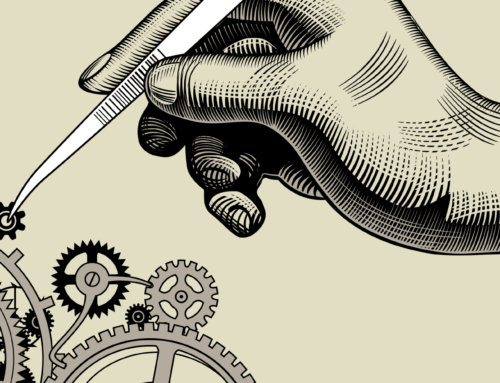A panel interview is an interview of which there are several interviewers. The group usually consists of two to five people. However, in some instance, there may be more than that. One person usually leads the interview. Among the interviewers are the direct manager, people working in any department and the candidate’s potential colleagues. Panel interviews can present unique challenges when it comes to reaching a consensus and making decisions. That’s why it’s so important to have a process in place before you begin.
Why panel interviews?
Companies conduct panel interviews for various reasons.
- Panel interviews usually include future teammates who would not be on the schedule for individual sessions.
- It is easier to organize several staff together at once to interview a single person than arranging for individual sessions.
- Some HR professionals believe that the real person comes out when a person is under the strong stress that a panel can cause.
- Panel interviews are always conducted following the applicant’s presentation to the company; therefore, it is your company’s opportunity to ask more specific questions that may not be appropriate in an open seminar.
- Every panel interviewer has a different set of expertise and familiarity, hence, focuses on various features or each candidate’s skill.
- There is a more objective format since each interviewer gives his or her valuations of the candidate.
Panel interviews serve two major purposes; one is allowing the panel interviewers to decide if the candidates are appropriate for the position. Second, they provide the candidate a chance to learn about the company and specifics of the job including meeting people that they will be managing or potentially reporting to. Panel interviews can be a nerve-racking thing to a candidate. Therefore it should not turn into an unfriendly interrogation or an aggressive interview. Several tricks and tips can help you and the entire panel to conduct a fruitful panel interview.
Common questions asked during panel interviews
- How would your colleagues describe you?
- Tell us what you have done to prepare for this particular job?
- How would you address opposition while launching new plans to co-workers or people on your staff?
- Describe a time when there was a tension between you and a client or fellow worker. How did you solve it?
All the above questions are designed to see how a candidate responds and reacts to the question in a group setting.
Various ways to approach panel interviews
Several methods can be used during panel interviews. The best one will depend on your company, participant, and positions.
The competency interview focuses specifically on the skills needed for the position.
The behavioral interview is a conventional method which assesses the candidate’s suitability for the position by reviewing their past experience, skills related to the job position and their personal attributes.
The situational interview examines how candidates react to a precise job situation. The strategy is sometimes based on multiple choices to set questions. However, this type of interview has been criticized because candidates can quickly identify the answers.
It is likely that you will use a combination of the above techniques.
Conducting a successful panel interview
Here are some strategies that will help you do a successful panel interview.
Prepare ahead of time
The key to conducting panel interviews is preparing in advance. The first step should be outlining your ideal candidate by using your job description as the foundation. The draft should define the required qualifications and skills you and your team are thriving for. Always get the input from other members of the panel and circulate the final draft several days ahead of the planned interview.
The setting
Always make sure that everyone is comfortable and can see each other without feeling overcrowded during the panel interview.
Know every panel members role
After establishing the panel members, it is necessary that every member has a role. One person should take the lead, welcome the candidate and introduce the rest of the panel members. The other colleagues should be fact finders with sets of questions to ask. The leader of the panel should be prepared to field questions from the candidate to relevant group members at the appropriate time.
Discuss the types of questions that each panel member will be asking. Ask the candidate if she or he has any questions at the end of the interview.
Arm each panel member ahead of time
Before the panel interview, each interviewer should be provided with copies of the relevant documents including;
- The candidate’s application form or resume
- Job description
- Ideal candidate’s profile
Ask the panel members to arrive early
Do this to minimize disruptions and interruptions. Take an extra time to review plan for the interview.
Meet after the interview
Plan a meeting after every interview to compare all the candidates.
Consider Partnering with a Staffing Firm
It is important to consider working with a reputable recruitment firm that can help you with your hiring strategy. The Griffin Groupe helps you access a nationwide pool of talent in all industries. Clients have access to our complimentary project management tools to help your team hire together. If you would like to discuss your staffing needs, you can call us at any time at 855-WE-STAFF or create a 3-minute job order from anywhere at griffinhire.com.







Leave A Comment